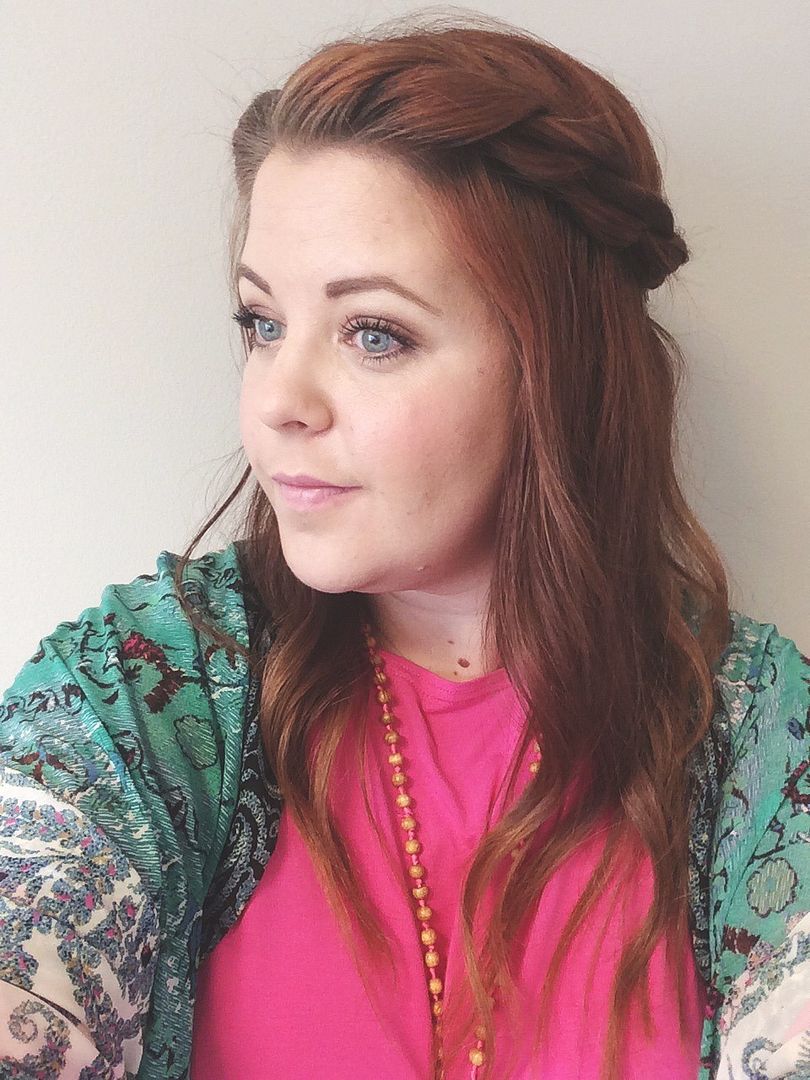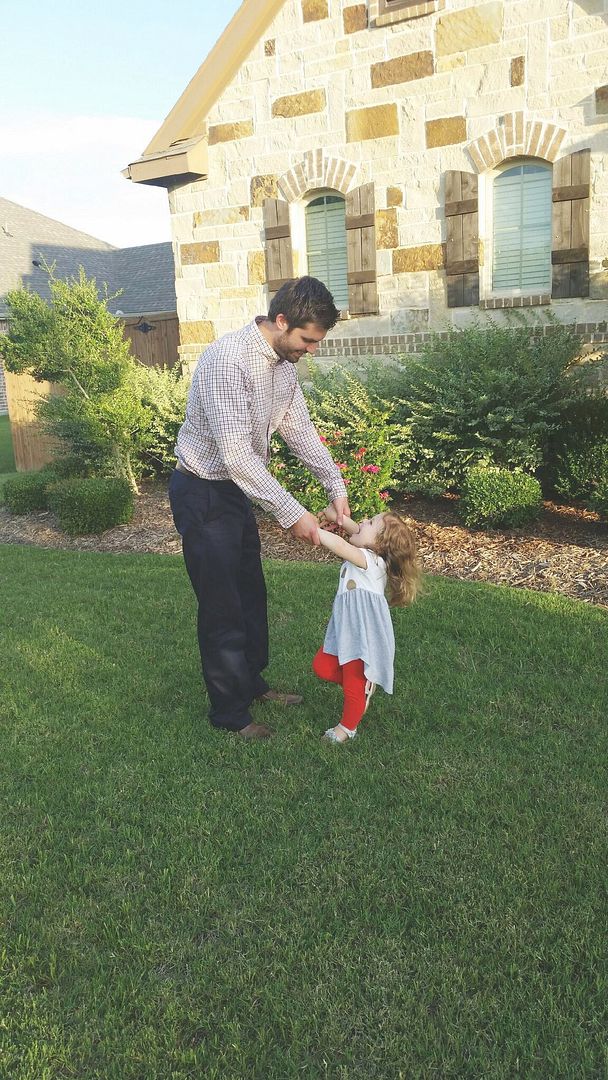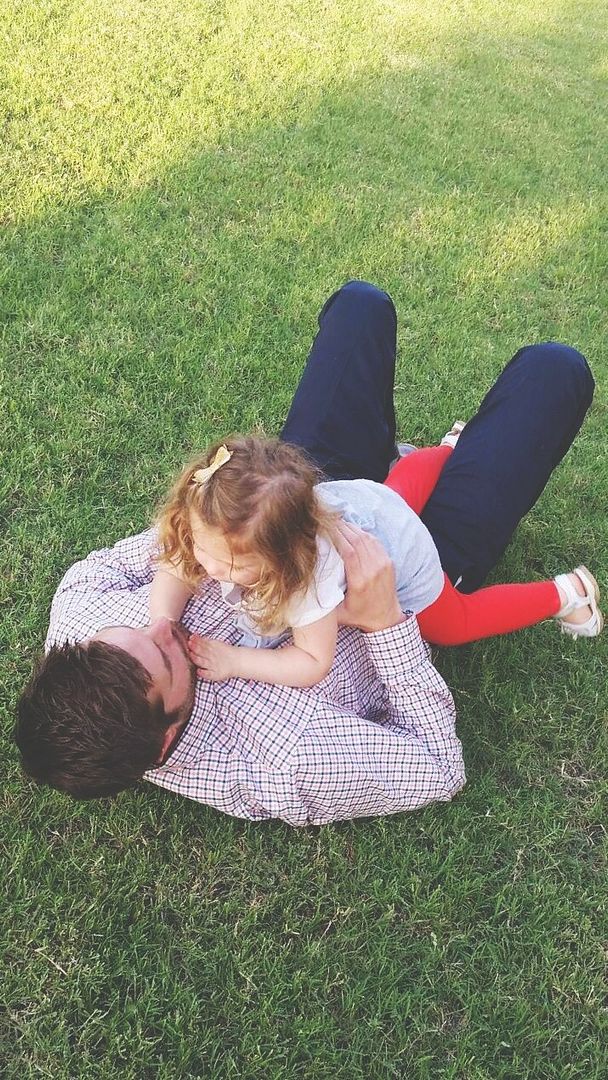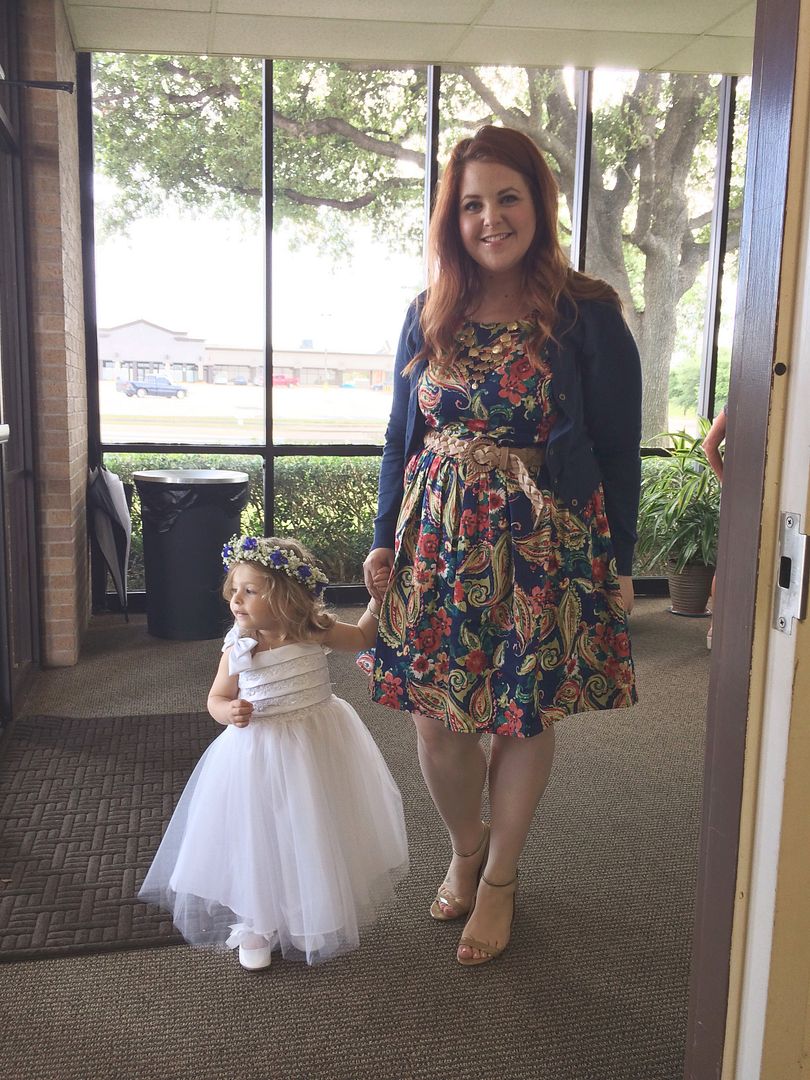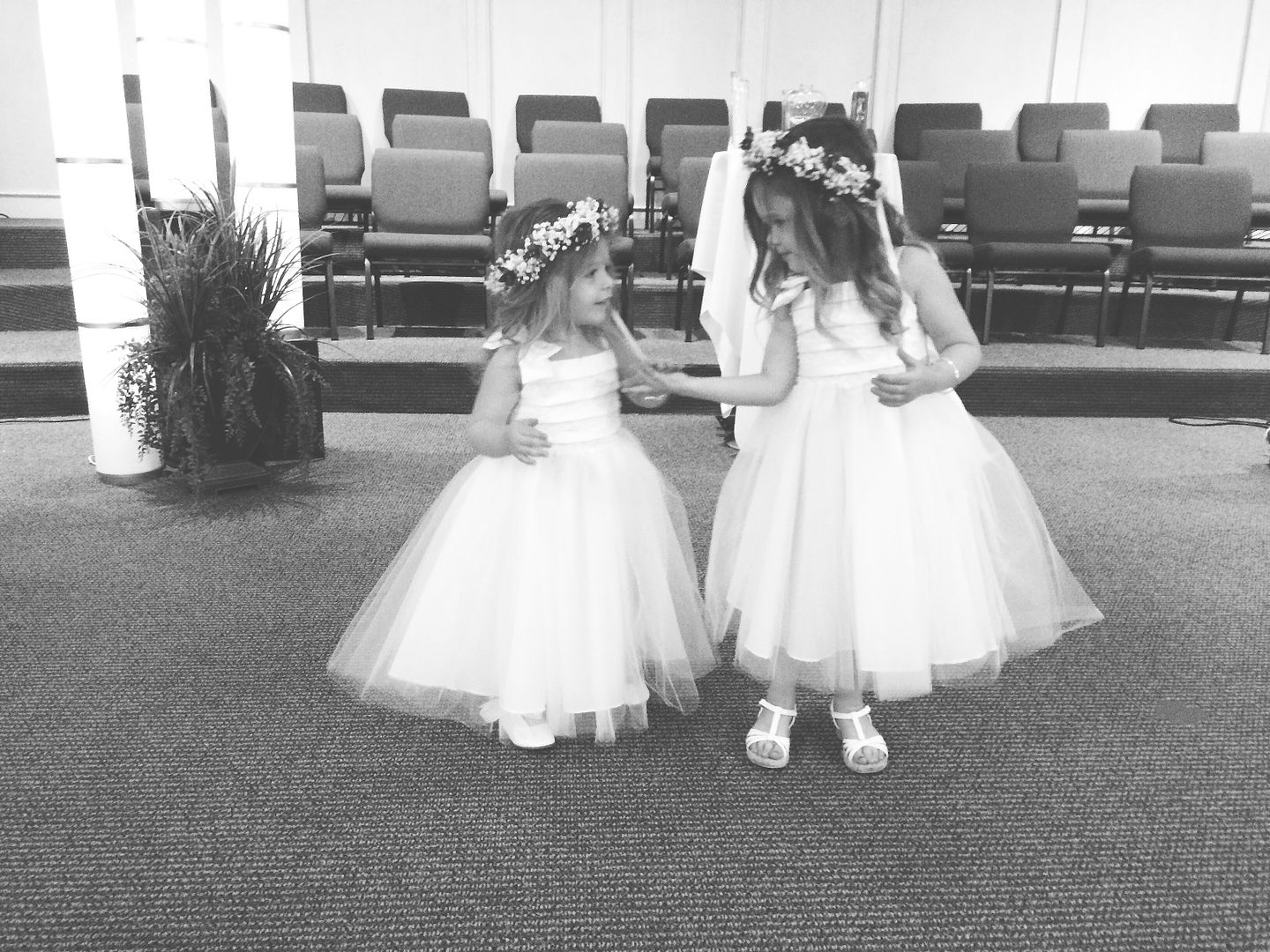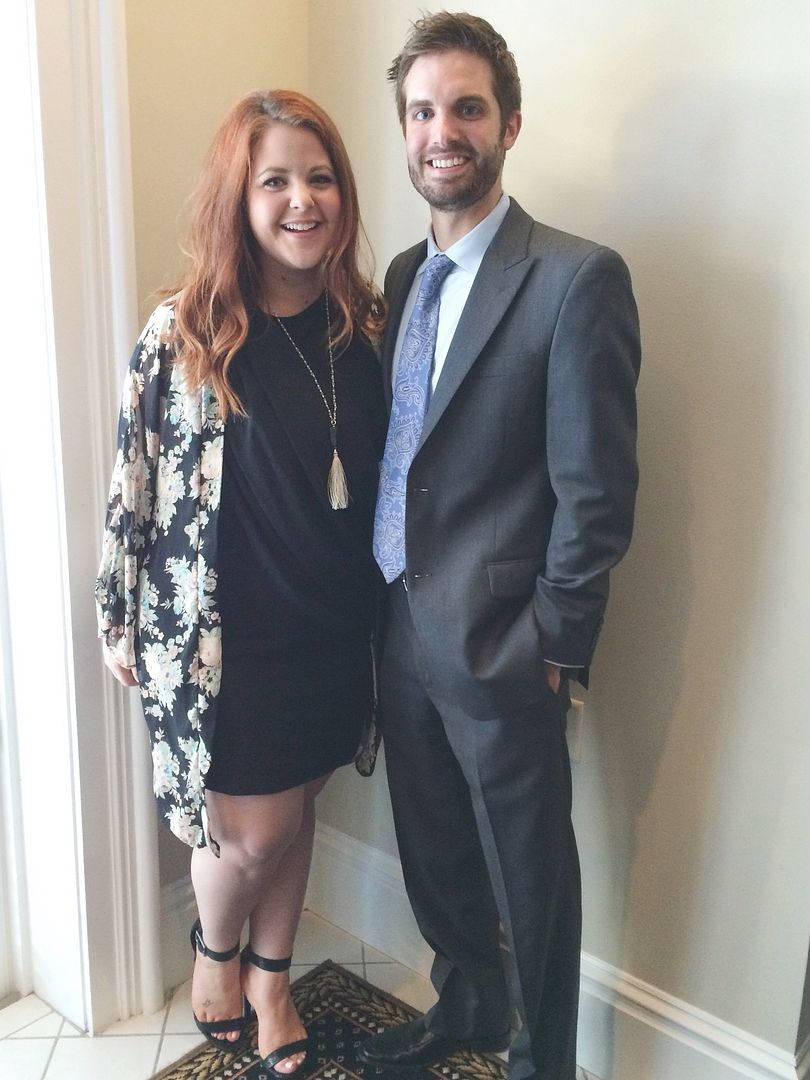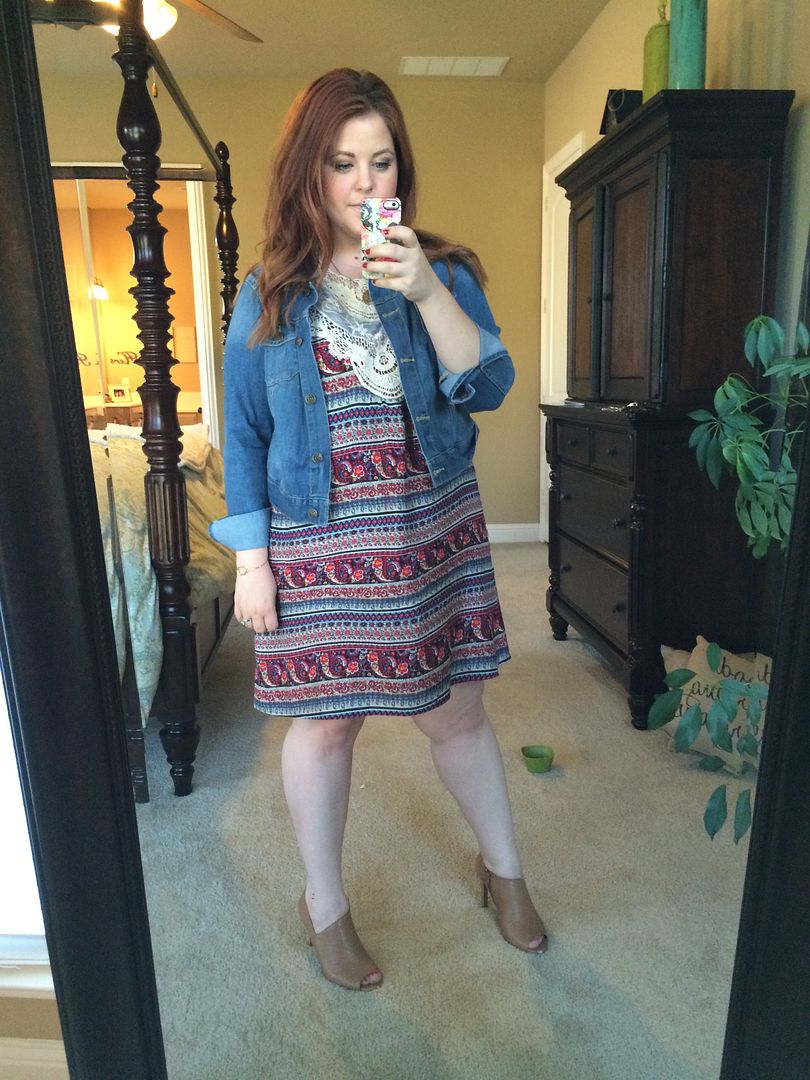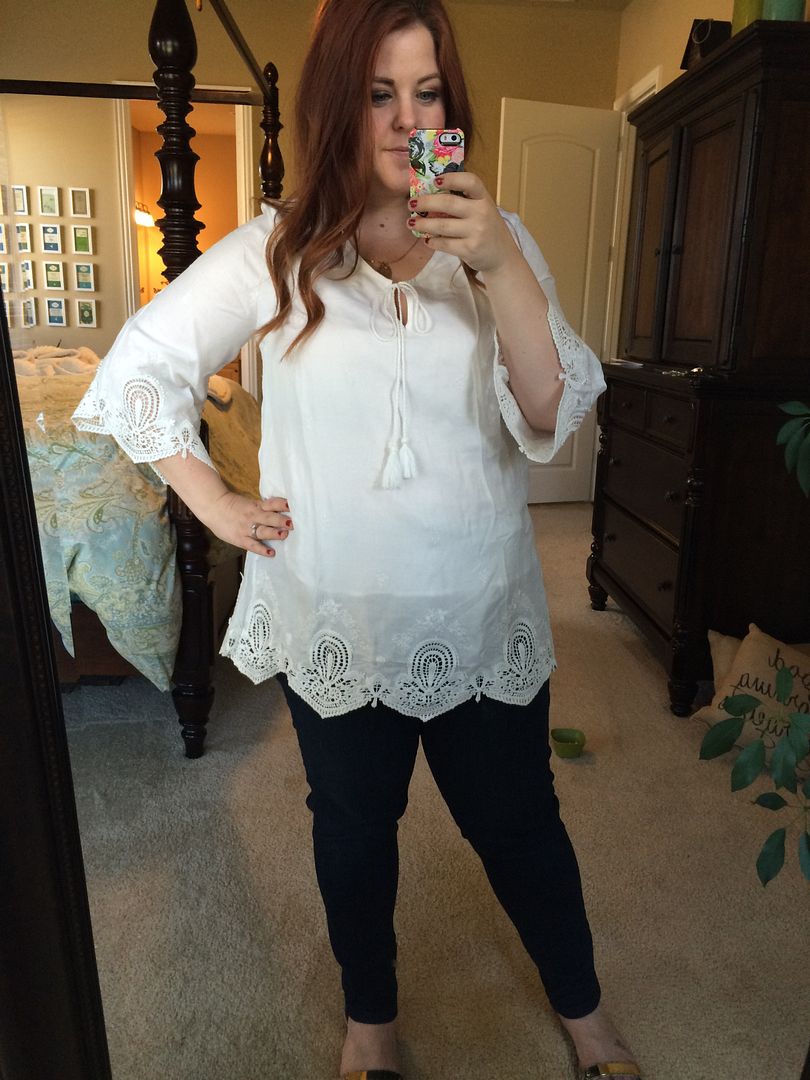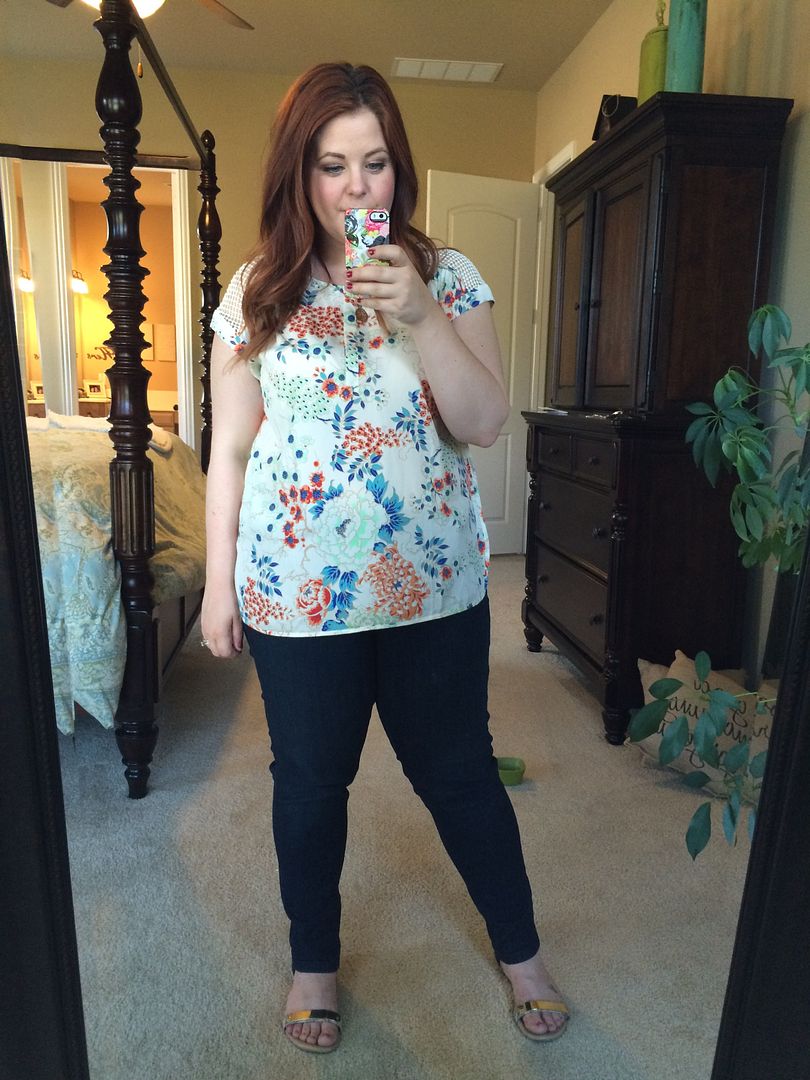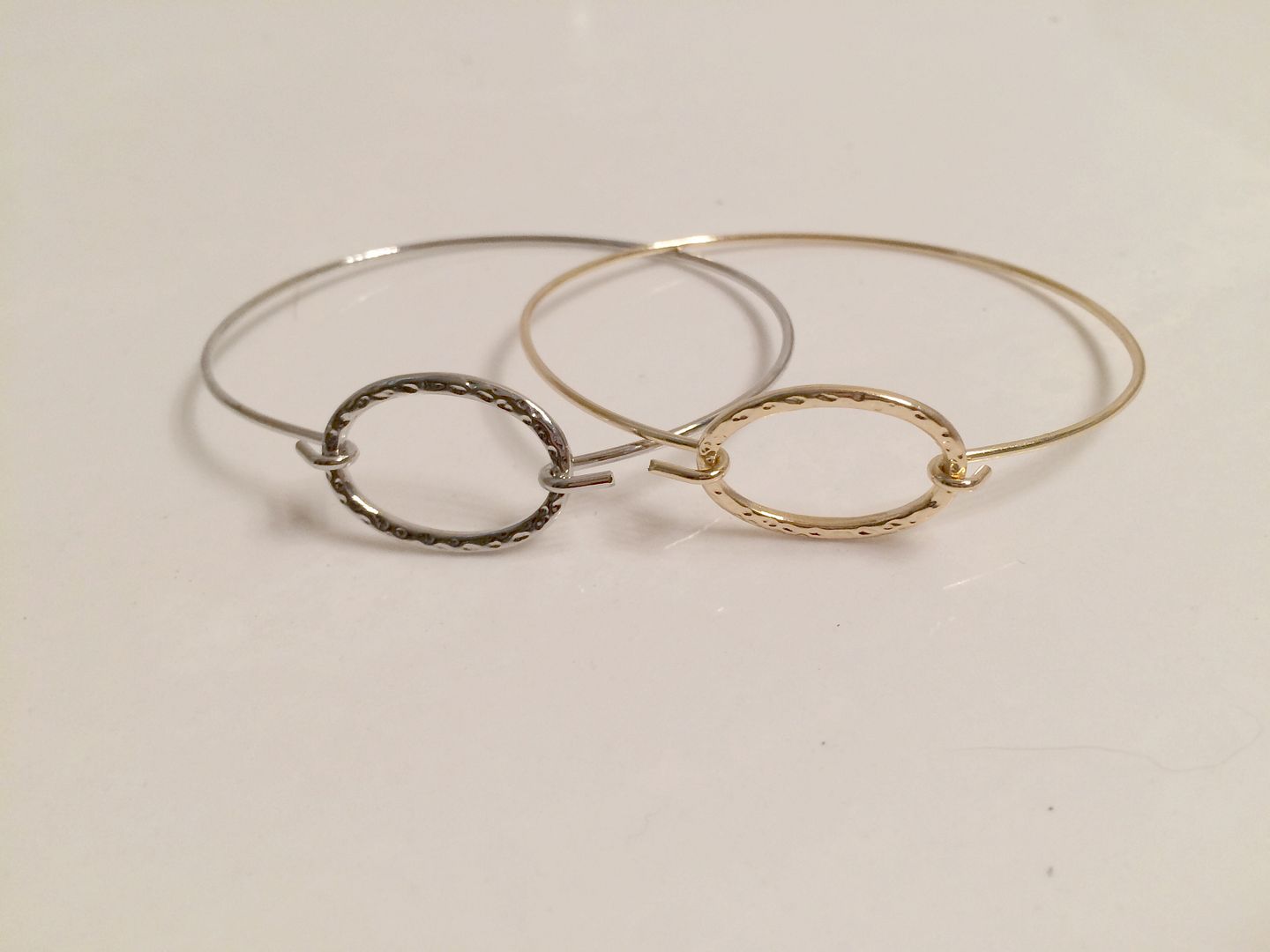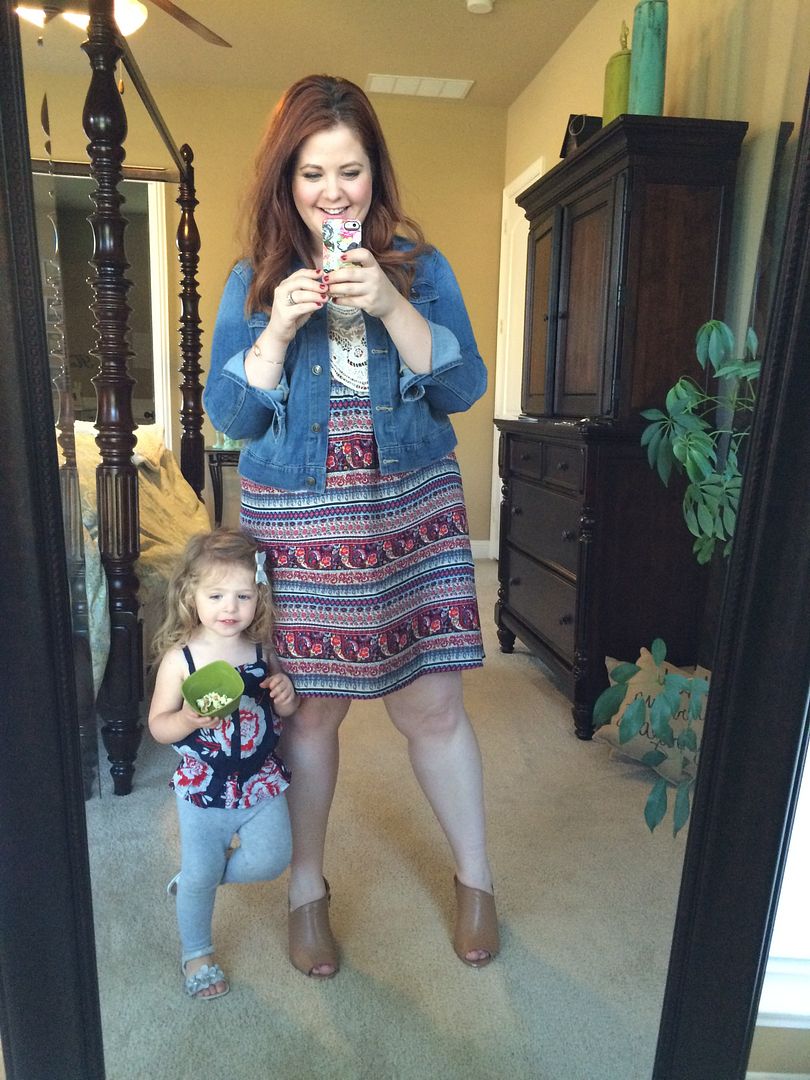Yesterday, we all watched Caitlyn Jenner emerge on the cover of Vanity Fair. As I was scrolling through my Instagram feed, my eyes glossed over the picture at first. Probably like many of you, my first thought was, "Man, she has great hair." And then, "OH MY HEAVENS. THAT'S BRUCE JENNER."
I've been following the story since the tabloids first leaked pictures of Bruce's extraordinarily long fingernails and rumored trachea shaving. The recent Diane Sawyer interview and E! special certainly brought the issues into focus, but there was something about seeing that first picture of her that gave me serious pause.
Because I am a Christian, after all. A Baptist, in fact. And issues relating to gender and sexuality and mental illness tend to incite knee-jerk reactions in those of us who frequent back rows of churches.
Give us an unexpected death or surgery or job loss, and we will rally the troops and cook casseroles until the cows come home. Show us someone struggling to make ends meet, and we will fill the offering plate faster than you can say "love thy neighbor."
But mental illness?
Addiction?
Someone who has struggled her whole life to figure out why she cannot force herself to feel like a man?
... crickets...
Or worse.
Judgment.
There are so many things I feel compelled to say in response to the commentary filling my Facebook feed. But trial lawyers recognize the value in keeping our points concise and limited in number. So you get three.
One. The struggle is real.
When I was pregnant with Grace, we were referred to a specialist to check for holes in her heart. During our routine ultrasound, the technician couldn't get a good look at all of the chambers in her heart due to her position in my uterus, so we had to go in for a high-resolution sonogram. It turns out that her heart was just fine and that all of my worry was for nothing. But if the news had been different? If they had told me that Grace had a congenital heart defect, I can tell you exactly what I would have said:
"How do we fix it?"
That's because we don't hesitate to fix things that are broken in ourselves or our loved ones.
Fractured arm? Cast it up.
Ruptured appendix? Take that bad boy out.
Leukemia? For me or mine, it'd mean the fight of my life and the strongest radiation and chemotherapy doctors can find.
But battles that wage themselves in our minds can't be put right with an X-ray and an ace bandage.
That doesn't mean they aren't real, and it doesn't mean it's wrong to try and fix them.
I won't pretend to understand all of the details surrounding these very complex issues. I do know there are distinctions between transgenders, transsexuals, transvestites, and intersexes. I also know that many of them spend much of their lives struggling with the feeling that they don't belong; that their bodies do not reflect who they really are.
What I don't understand is how a person's desire to seek treatment for and resolution of these issues is an affront to God's design or providence.
We can talk about Genesis 1:26 and Deuteronomy 22:5 all day long. But I think we'd be missing the point.
The truth is that our human bodies are imperfect. People are born with no legs and missing bones and holes in their hearts and mutations in their DNA every minute of every day. And we'd never dream of questioning someone's desire to acquire prosthetic limbs or metal rods or to undergo life-saving heart surgery to fix those things.
This is no different. Indeed, scientific analysis indicates that for many transgenders, there are
biological markers that demonstrate a discrepancy between the gender they were born with and the gender they identify with. Just because we cannot see this struggle or because it is unfamiliar to us does not make it trivial or wrong.
It seems that Christians are jumping to the conclusion that a person who is transgender is simply experiencing a disordered desire that needs alignment with the Word of God. Where does this even come from? Certainly not the Bible. (To be very clear, gender identity is a wholly separate issue from sexuality, and I don't have the energy for that debate today.)
This conclusion appears to come from our preconceived notions of what we think gender is and should be. It's blue and pink and dump trucks and Barbies.
To say that God doesn't make mistakes is to absolutely speak the truth. But the world is obviously imperfect. Sometimes DNA replication goes awry. And sometimes our minds make clear what our bodies do not. How God intends to use these struggles for His own glory is His business. How we respond is ours. Which leads me to my next point.
Two. We're blocking the view.
To be honest, this issue deserves a whole series of posts, but you've probably already tuned me out, and I did promise to be brief.
Let's put aside the fact that the Bible doesn't even seem to identify the transgender experience as sin. We can even pretend it is sin. While I'm well aware of the Bible verses directed to exposition of sin and rebuking, I'm not sure they mean what many Christians think they mean. And I'm not at all convinced that God intended us to use them to justify the hate speech that seems to emanate from people purporting to speak God's truth.
Instead, we are to be salt and to be light. Our every hope should be that people look at us and see Him.
I promise I won't quote Matthew 7:1 at you. Instead, I'll just ask you this:
If you were a transgender person, and your only impression of God's love for you came from what you observed from the American church, what would you see?
Would you see love?
Or are Christians today one big, judgment-plastered condominium obstructing the world's view of God's grace and glory and mercy and love?
Three. Not all heroes are created equal.
I will be brief on this, but it's worth mentioning.
One person's heroism does not define or detract from another's.
Caitlyn Jenner is brave and heroic because her particular life situation meant that she'd have to reveal her choice to the entire nation. Being willing to identify your struggles, address them, and then talk about them to an audience of roughly 300 million people is indisputably brave. (I can promise you that I couldn't do it. No way, no how, not in one million years.)
Such bravery is not diminished simply because someone else, somewhere else, in some other way, is also brave.
(I'm talking about
this, and despite the fact that it doesn't appear to be based at all in fact, it's spreading like wildfire on my news feed along with other proclamations that Caitlyn should not be heralded for her bravery because her life choice is purportedly wrong.)
Heroism takes many forms. At the top of that list are those that sacrifice their time, resources, and lives for others. But can't we all agree that the list is a long one? And that there is room for all?
To sum up this uncharacteristic rant, friends, I'll say that my point is simply this:
Let's call her Caitlyn.
And let's show her what love looks like.

